Amanda Haynes, a participant of the Tartu startup scene and a marketing specialist, claims the town of Tartu is a better place for startups than the Estonian capital, Tallinn, providing several reasons to back up her claim.
It is no secret that Estonia is a startup goliath – per capita, it’s Europe’s leader, with 4.6 times more startups than the continental average; seven unicorns – companies valued at least USD1 billion – are associated with Estonia, either founded in the country or founded by Estonians abroad.
But when people talk about the startup scene in Estonia, most tend to associate it with Tallinn, the political and financial capital of the country.
And why not?
The fairy-tale city of twisted cobblestone streets and medieval skyline is a beautiful contrast to the ultra-modern digital infrastructure that lies beneath the surface. The juxtaposition of which makes for a charming illustration of how to preserve tradition and identity in the face of modernisation.
Tartu – a town of many names and strengths
But 180 kilometres (112 miles) to the south lies another success story – Estonia’s second largest town of Tartu that hasn’t yet been recognised at the level Tallinn has. Yet, plenty of people would like to see that changed – and there is plenty of reasons why it might soon be a different story.
Because Tartu is a better spot for a startup than Tallinn. A bold statement, I know. But hear me out.
Tartu has several nicknames – it is known as the “Town of Good Thoughts”, “the intellectual capital of Estonia”, “Athens-upon-the-Emajõgi” and a “Smart Town since 1632”. All of these highlight the positive aspects of Tartu, showcasing the town’s strengths.
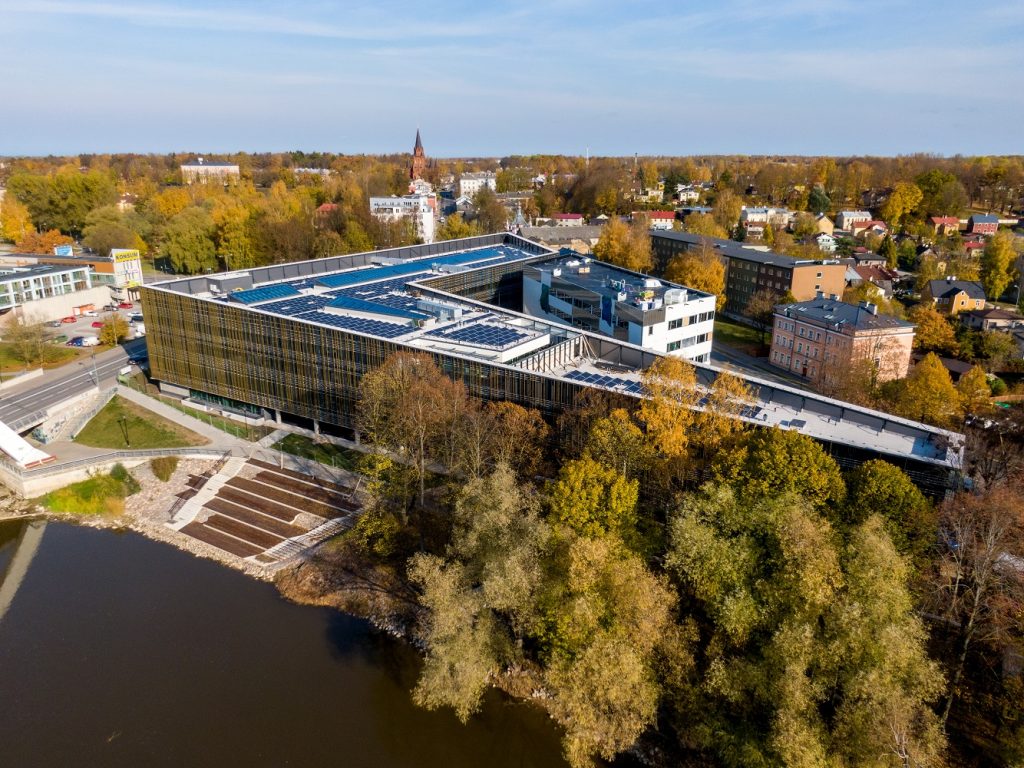
And while there are presently no nicknames indicating that it’s Estonia’s startup hotspot, there’s reason to believe that might change – even its name can be turned into “sTartup”.
Here are a few reasons why burgeoning startuppers might want to consider Tartu for their next business venture.
A close-knit community
While size doesn’t really matter, in the case of Estonia’s startup system, it is a definite asset. And even though it makes the game of “six degrees of separation” a bore, it’s a major plus in developing a network of support. Especially in Tartu, where all it takes to find a match with a mentor or investor is a phone call or trip to the sauna, because it’s almost inevitable that someone there will know somebody who knows somebody.
And there’s a lot of “somebodys” out there willing to give support to newbie startuppers. You can begin with sTARTUp Tartu, a community-driven ecosystem of local organisations, who all share the same aim of boosting innovation and making Tartu the best startup town. They offer services with their various partners as well as collectively organised events.
One example of this partnership is the Tartu Science Park. As the oldest science park in the Baltic states, it works together with universities, the public and the private sector to offer incubators like the European Space Agency Business Incubator and Estonia’s only incubator for deep-tech and science-based companies, S2B Launchpad. It also offers mentorships and facilities for startups to develop and launch.
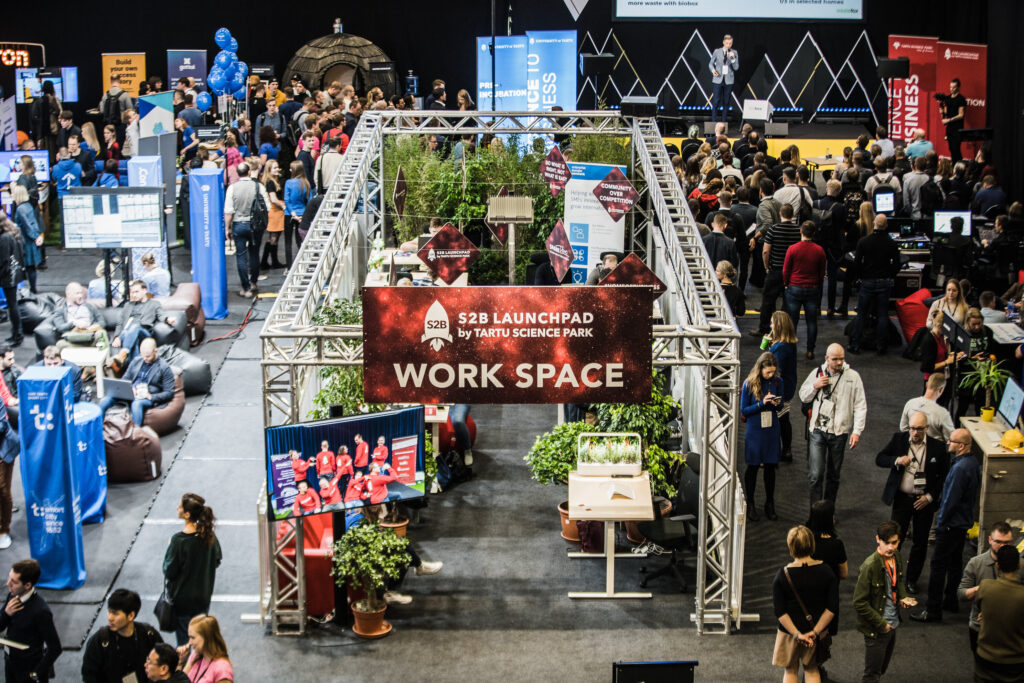
According to Kadri Arrak, the Science Park’s marketing and communications manager, Tartu has a really small, close-knit community, with people who are willing to help throughout the entire process. And since science startups have a longer runway than others, this cooperation might last for years, further strengthening this community feeling.
This feeling is available to anyone who wants to participate – in the form of sTARTUp Day. An idea that was “born in the sauna”, it has grown over the past five years to become one of the biggest business events in Estonia, bringing together people from across Europe and beyond.
The sTARTUp Day takes place annually and there’s always a festival-like atmosphere as entrepreneurs, investors and opinion leaders pour into the town. It offers another opportunity to pitch, mingle, and network with best minds from every industry.

If you’re a student in Tartu, you have access to hands-on training and pre-incubation services via the University of Tartu sTARTUp Lab. Founded in 2013, the lab provides workshops, webinars and mentors for students considering starting their own business. Many students get their first experience of what it means to build a startup – from understanding the process, to honing their ideas and eventually to product or company launch.
Tartu has a vast array of opportunities and one doesn’t necessarily have to choose just one path. According to Maret Ahonen, the sTARTUp Lab’s manager, in Tartu the biggest benefit is the cooperation between organisations. Startups can join different programmes at the same time and work together with different professionals, and it is easy to collaborate among ecosystem partners.

Plus, since all these communities are also linked with Startup Estonia, you’ll have not only the support of local networks, but a nationwide ecosystem as well.
Smartness creates space for innovation
As home to the oldest and most prestigious university in Estonia, Tartu has always been thought of as Estonia’s intellectual capital. And the ability to recruit fresh graduates from any of the surrounding 11 higher education institutions might be reason enough for a startup to choose the banks of the Emajõgi for its headquarters.
But aside from its highly educated residents and workforce, recently the word “smart” has taken on a new meaning. As it has come to denote the latest tech solutions – there’s a whole other reason to see Tartu as a “smart town”.
With new programmes – such as electric bike sharing schemes, smart city lighting, more energy efficient heating/cooling systems – the town has been embracing and implementing smart tech for the past decade. This has created an environment primed for cutting edge innovation, clearing the path for more to take root. And signaling to investors and entrepreneurs the potential that lies in southern Estonia.
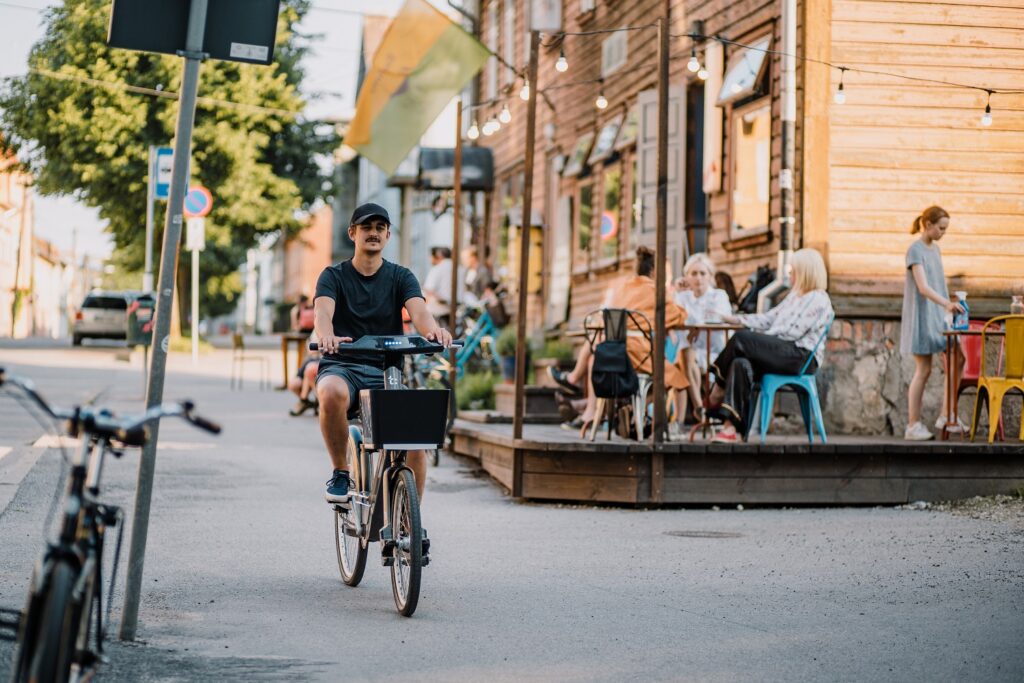
Plus, being part of national and international smart city networks means that there’s space for cooperation and problem solving. In an interview given to e-Estonia site in 2020, Tartu town government’s analyst, Kaspar Alev, noted the speed of implementation being accelerated by this cooperation. According to him, while some of the innovations were thought of as “space technology” 10 years ago – anticipated to take 30 years or more to implement – in reality the town was able to implement them in five-six years.
All of this means there is a need for more innovation and smart technology in Tartu. If startups step in to fulfil this demand, they would not only have support from the local government, but there’s plenty of potential for international cooperation as well.
A better work-life balance
There are more reasons why Tartu is a better place than Tallinn. It has a lower cost of living than Tallinn, with all of the same digital perks Estonia has. The budget-conscious startups might prefer setting up offices in Tartu over the capital. Even the unicorns see these benefits – three of which even have additional offices in Tartu.
Tartu is also a better choice for those looking for a more balanced approach to their work and private life – its slow and steady attitude can be an advantage for those startups looking to grow and develop at their own pace.
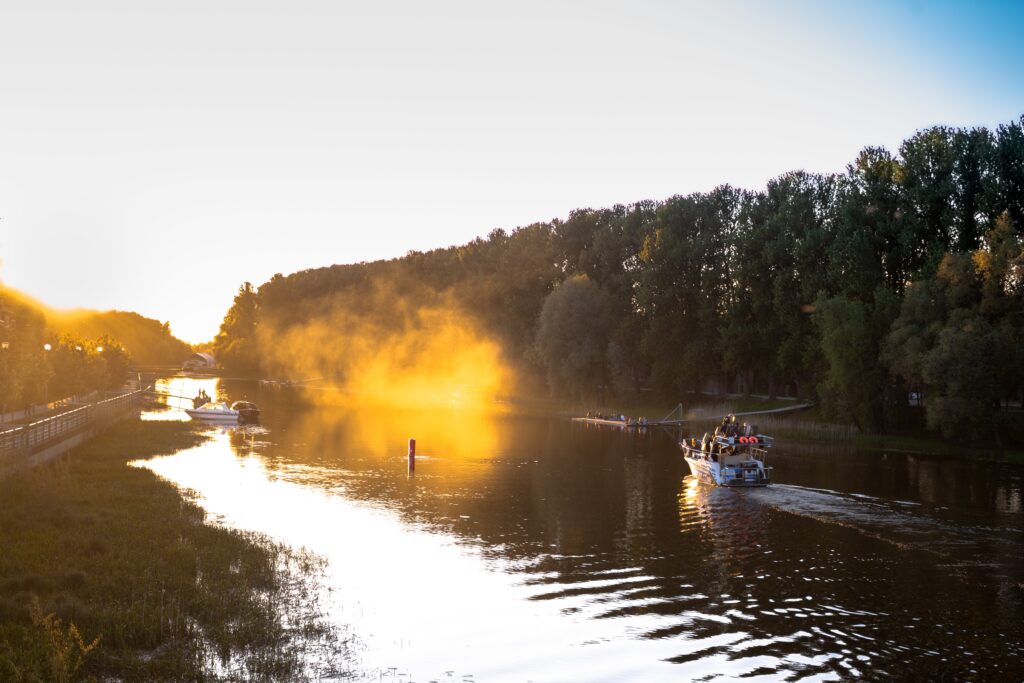
A better work-life balance means happier employees and more overall productivity. It also means less burnout for founders who may be spread too thin as they try and get their vision off the ground. Plus, if life in a startup still seems too hectic, you can always escape to one of the many nearby bogs, converted manor house hotels or spas for some needed R&R.
In general, Estonia is a great environment for a new startup. With a nationwide network of support systems and incubators; generous initiatives and regulations aimed to help establish startups; a motivated workforce with a global outlook primed for tech and innovation since grade school – there’s plenty of reasons to set up shop.
Currently, there are 1,124 startups in Estonia – and 115 of them are in Tartu. While Tallinn may still be recognised as the champ, there’s more than a few reasons to believe that Estonia’s second town won’t be second place to the startup scene for much longer.
The opinions in this article are those of the author. Cover: Tartu’s Old Town Square, with the town hall in the background. Photo by Riina Varol.

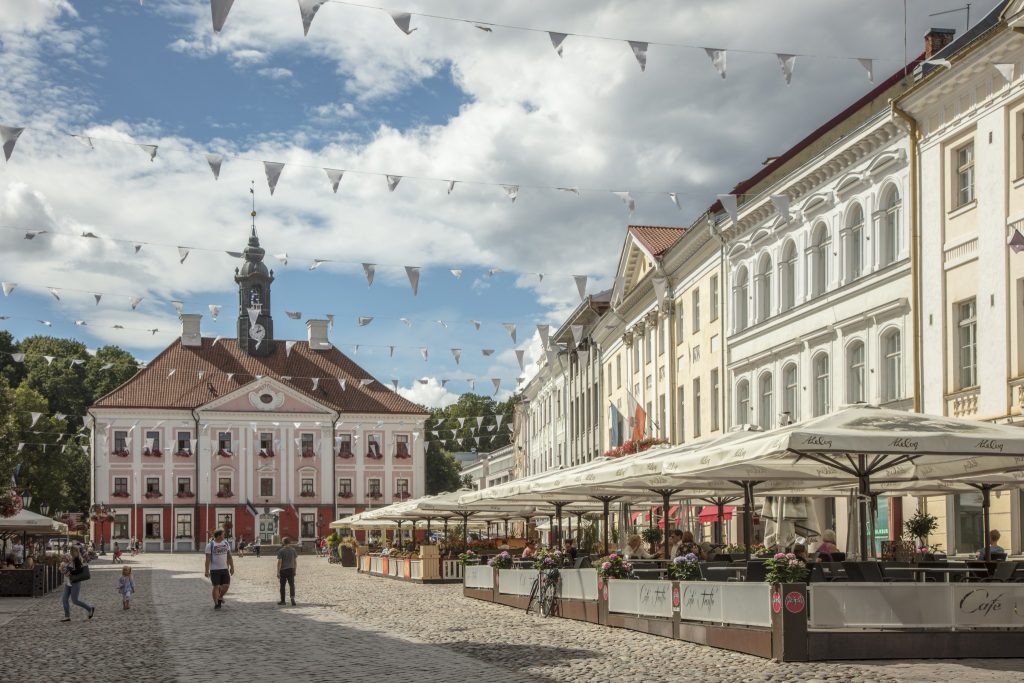
There’s not really a difference. Things like work-life balance is the same as Tallinn. It’s not particularly more innovative. Marketers are just marketers.